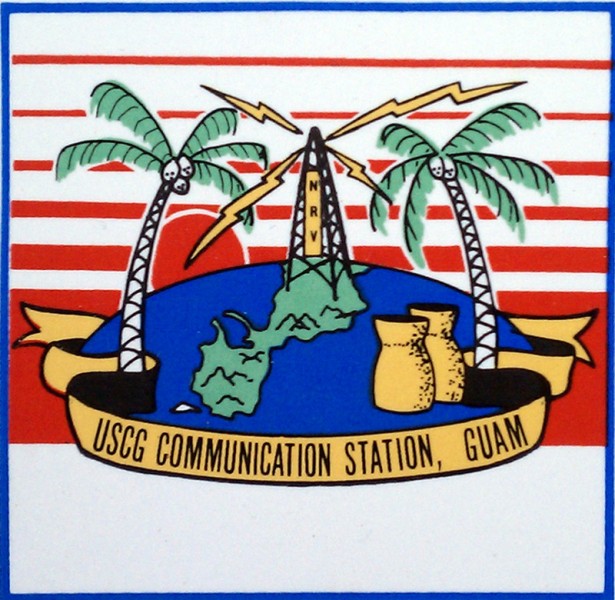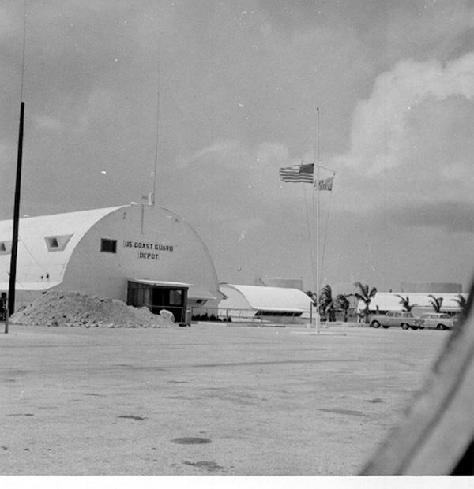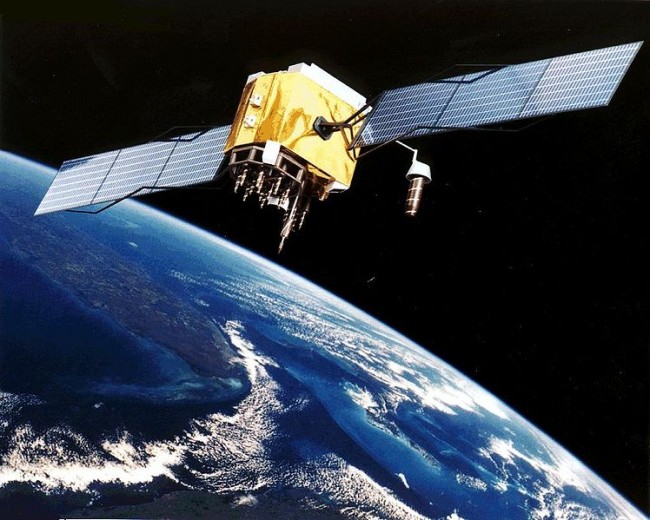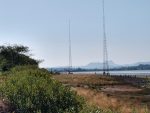I was speaking with a friend of mine recently about some interference issues he was having at an FM transmitter site. There were several cellular and PCS tenants at this site and something from the FM transmitter was interfering with the GPS receivers. This one very small glitch was causing multiple carriers to go offline, basically shutting down the entire wireless infrastructure at this particular site.
GPS signals are used for syncing carrier frequencies and modulation timing for CDMA and TDMA that all cellular, PSC, and 3G, 4G (or whatever G) wireless systems use to seamlessly hand off users from one site to another. Without it, the entire system will shut down.
What would happen to communications in this country if all GPS were interrupted? When I was in the military, we spoke often about high-altitude nuclear detonations and the possible effects they would have on our communications circuits. In fact, we drilled for such things. Often. What, if anything, are wireless carriers doing to keep their sites online if, heaven forbid, somebody does something to disrupt GPS? If terrestrial radio and television broadcasting is going to be replaced by 3G and 4G wireless networks, how redundant are they? I know, for example, many cell sites do not have long-term backup power. They have battery banks, which in a power outage, may last 6-10 hours, but after that, the site is down.
Further, how about vulnerabilities getting the data to and from these sites? Most cell sites rely on some type of TELCO circuit, usually a T-1 (DS-1) or multiple T-1 to interface with the wired network. This includes voice, text, and data services. If those circuits are down, then anything connected to them will be offline.
What about redundant transmitters, antennas, receivers, etc? How much of the current wireless infrastructure is backed up with spares? It causes me worry to think that someday traditional broadcasters will be going out of business due to poor financial planning, leaving us all to subscription-based data services that may or may not be there in an emergency. At least with many radio and TV stations, there are generators, backup transmitters, microwave systems, and so forth. Most good broadcasters have emergency plans for the restoration of service during a disaster. EAS may not be the greatest thing ever, but right now, it is the only emergency communications plan we have. Radio is still the best and most robust way to communicate vital information during emergencies. Cell sites go offline along with whatever G wireless service, cable TV systems go offline due to power outages or damaged distribution networks, landline phones can be taken out due to power interruptions at the company office, or damaged networks.
Why do I care? Why should you care? Because, as I have eluded in previous posts, with the demise of local newspapers, the demise of local radio, the erosion of local TV news coverage, and the general trivialization of our political apparatus on the local and national levels, we are losing our voice. We will lose our democracy. Right now, the US is on the verge of becoming an oligarchy or a corporatocracy.
What road are we traveling down when unrestricted free access to information is gone? The internet is a great resource, but it is not free. What will happen to the price of internet access when competing information and entertainment technologies such as radio, TV, and newspapers disappear? Look to our transportation sector for an example. Gone are the vast majority of passenger railroads that crisscrossed the country for nearly 100 years. In many places, public transportation is laughable. How do you get to work? How do you get to the store? How much will $5.00 per gallon of gas affect your life? More importantly, what can you do about it when the cost of fuel gets expensive? Nothing. Most people are stuck in their suburban homes with not even a convenience store within walking distance.
What will happen when terrestrial radio goes away? I shudder to think.






Instant gratification is the big thing these days with no thoughts about alternative solutions. I see this everywhere. The cellular industry is full of egotistical stuffed shirts that could not manage anything if there was not a pent-up demand. They have all “hugged” GPS. I am one that hasn’t. WWV is still on the air on a bunch of frequencies that provides substantial coverage throughout the country. But this sheep-like following of a guvmint system must be appealing. Back when Bush declared “Desert Shield”, I received a call from the State Air Force MARS director asking if I could assist the Air Force on an emergency. I said that I would be happy to. It turns out that the large city encompassing a large airport wanted to have a “summit conference” before they would let the Air Force install a 100 Watt VHF DES repeater on a water tank. Airport security was the prime function, and the Commander wanted to move fast. Needless to say, I ordered the antenna and transmission line, and I had them on the air in one week on my tower. I then got a visit from an Air Force Colonel, who flew in to inspect the installation. He was pleased with the job and we got talking about terrorism. The threat of EMP and the availability of shoulder fired missiles was discussed. GPS was also discussed and at that time “Selective Availability” was turned on. He was definitely an ‘old school’ military man, who was for keeping vacuum tube equipment in good order in case of emergency. I think EMP is bubbling under, and may be a real threat in the future. The problem is that the majority of people take things for granted these days and can’t even cope with a runaway demon Toyota! They are programmed to first call 911 before they can think of simply turning off the ignition or shifting into Neutral!